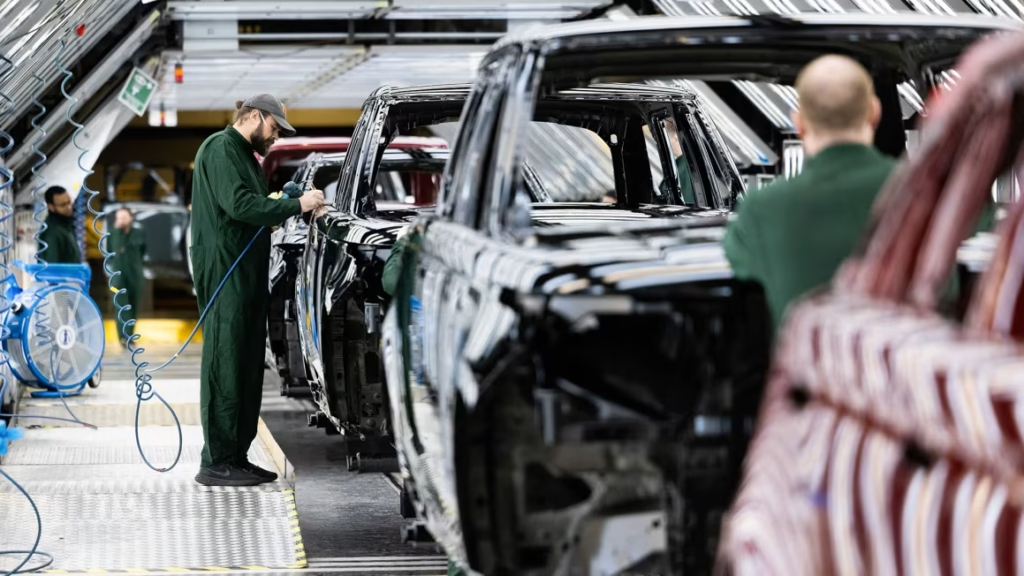A major cyberattack against Jaguar Land Rover (JLR) has sent shockwaves through Britain’s manufacturing heartland, revealing deep vulnerabilities in global auto supply chains and putting thousands of jobs at risk. The disruption has triggered urgent calls for government intervention, while small suppliers face existential threats as they struggle to stay afloat amid delayed payments and mounting uncertainty.
When JLR’s computer systems were compromised, the company halted operations across its factories, bringing production to a standstill. With core IT infrastructure disabled, even basic logistics, order fulfillment, and parts coordination were affected. The shutdown rapidly rippled through the network of parts makers and sub-suppliers who depend on JLR’s steady orders.
Many of the small firms servicing JLR’s supply chain say they’ve already laid off workers, taken on unsustainable debt, or faced demands from their banks to offer personal guarantees sometimes even pledging family homes as collateral to access emergency loans. The strain is severe: without cash flow, surviving the interruption may be impossible for some.
In response, the British government has pledged a large loan guarantee to support JLR as part of its recovery plan. But critics argue that aid to the automaker alone is not enough. The challenge lies in ensuring support reaches the many smaller companies further down the chain, which often have tighter margins and less financial resilience.
The hack has exposed a dangerous truth about modern manufacturing: just-in-time systems and highly optimized supply chains offer efficiency but little buffer against systemic disruption. When a major node like JLR is incapacitated, the consequences cascade quickly and widely across entire sectors.
Beyond the financial and operational trauma, there’s political pressure too. The government must balance protecting an iconic British brand and employment with accountability and systemic reform. Citizens and industry watchers are now demanding answers: How did this breach happen? Were security safeguards adequate? And what will prevent it from happening again?
In the weeks ahead the stakes will grow higher. As JLR works to rebuild, suppliers will need support, jobs must be saved, and trust must be restored. This is not just a technology breach it’s an alarm for the fragility of modern industry and a test of how resilient a community and economy can be in crisis.


